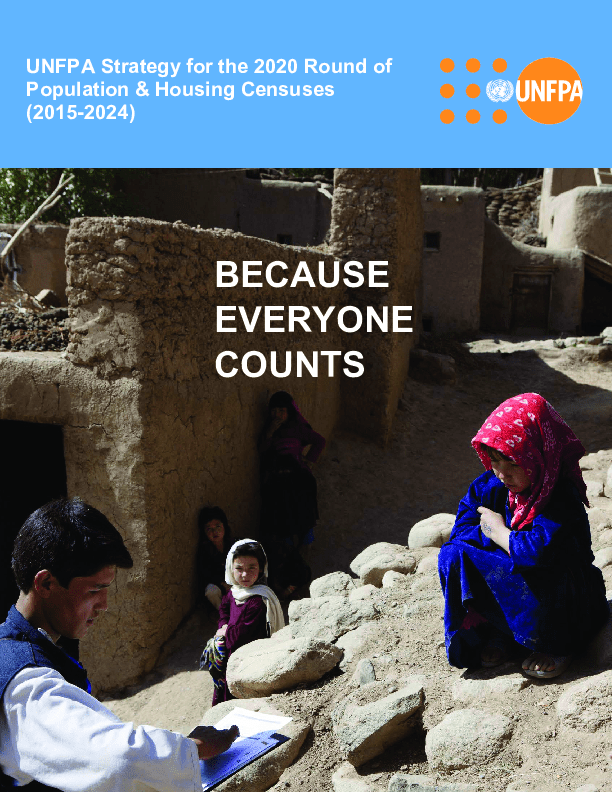The census is among the most complex and massive peacetime exercises a nation undertakes. It requires mapping the entire country, mobilizing and training a large number of enumerators, conducting a massive public campaign, canvassing all households, collecting individual information, compiling vast amounts of data in paper or electronic form, and analyzing and disseminating the data. By definition, a population and housing census is an enumeration of the total population of a country and provides data on numbers of people, their spatial distribution, age and sex structure, their living conditions and other key socioeconomic characteristics. Such data are critical for good governance, development planning, risk reduction and crisis response, social welfare programmes and business market analyses. In most developing countries, censuses are the primary source of data on the size and spatial distribution of the population and its characteristics, and this is likely to remain the case for the foreseeable future.
